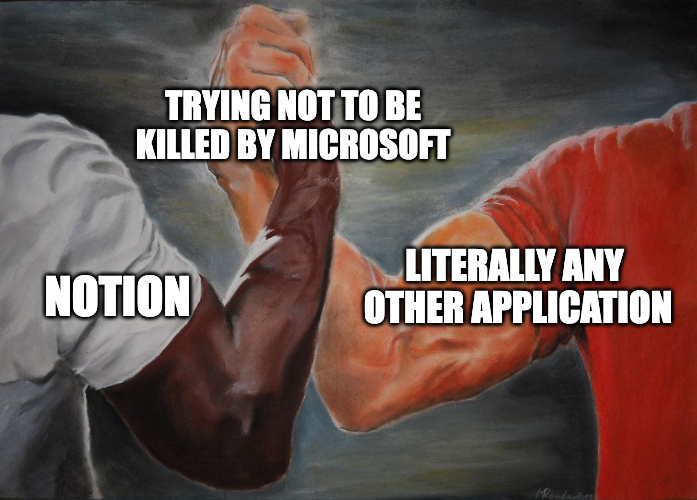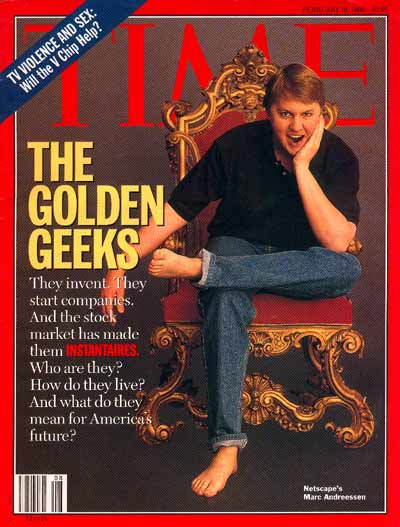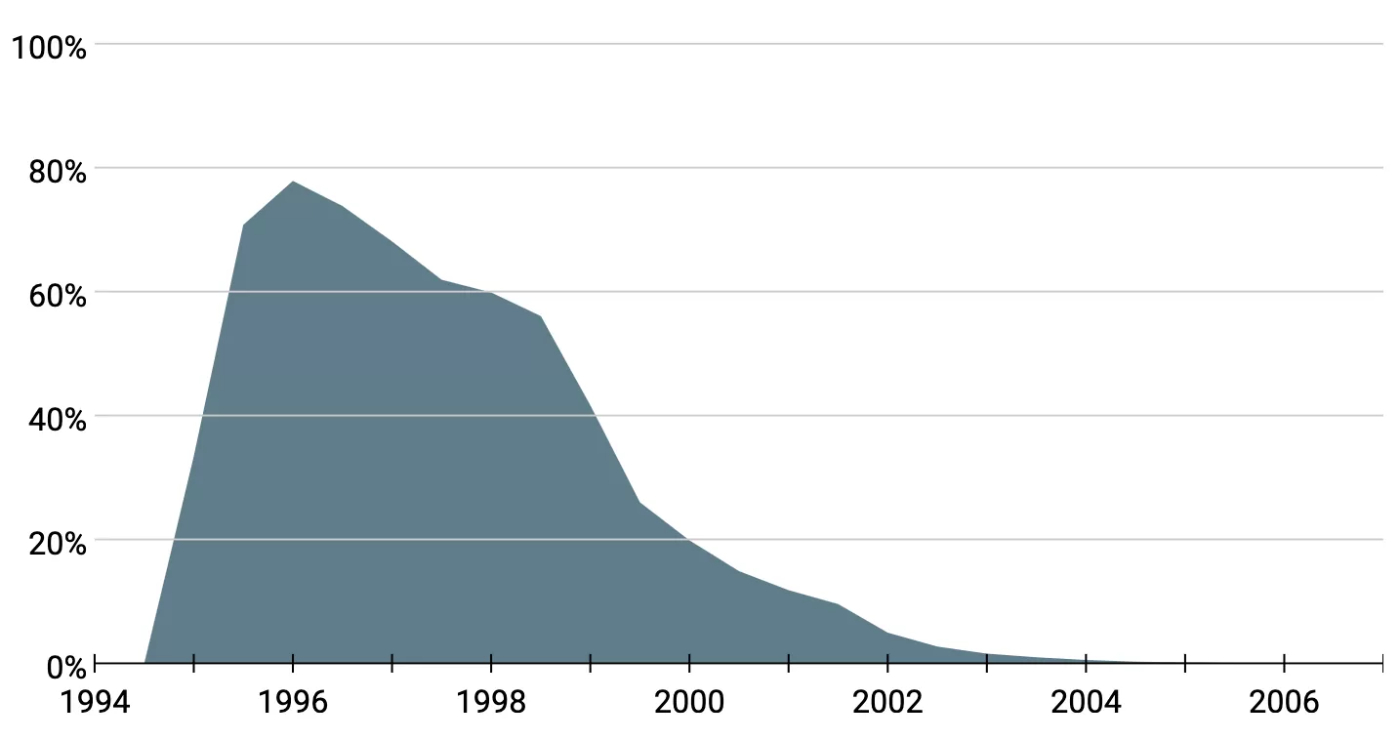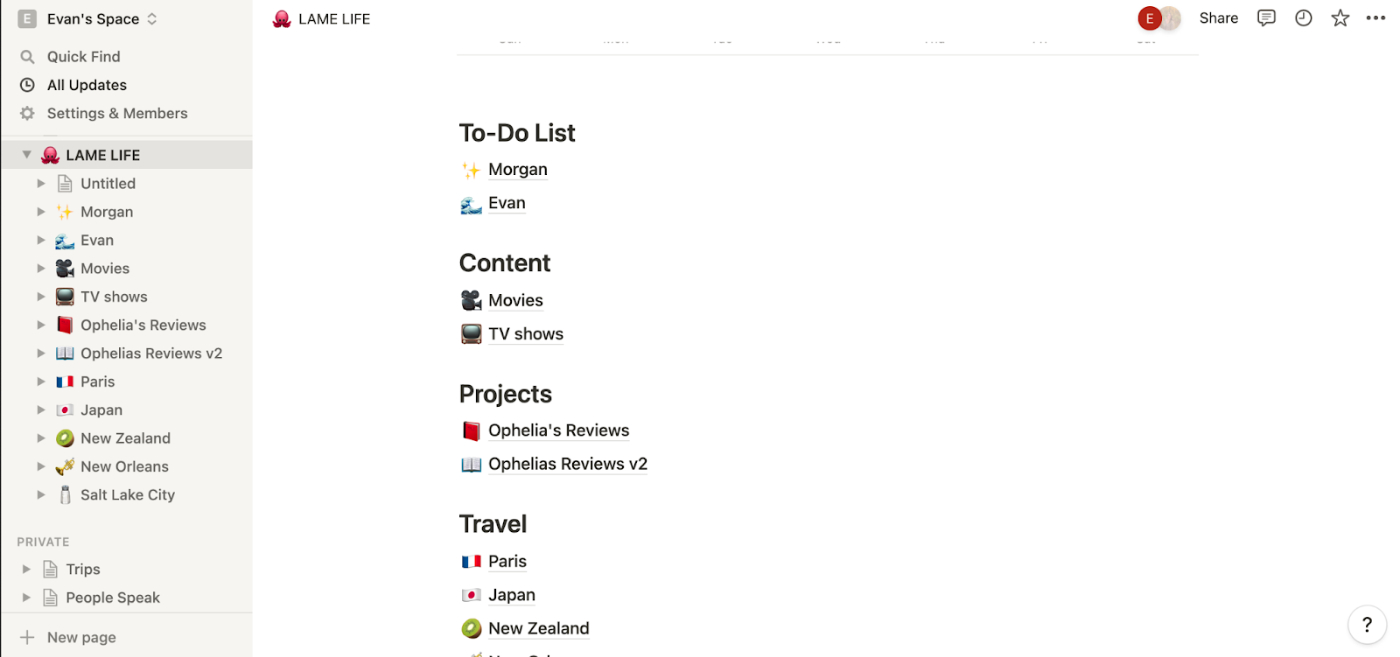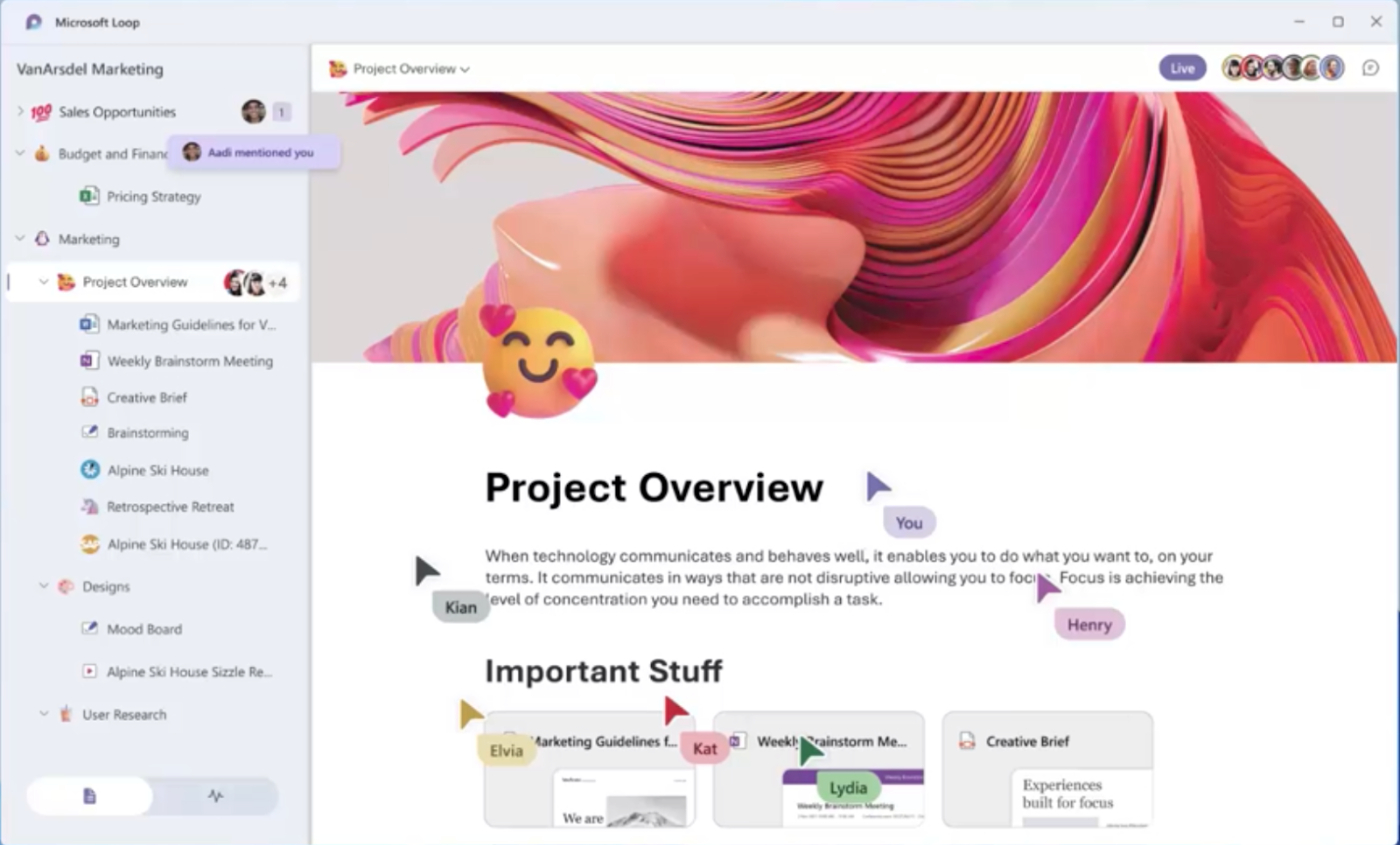This is a free preview of a subscribers-only post.
When Marc Andreessen graced the cover of Time Magazine in 1996, barefoot and perched atop a golden throne, he didn’t realize it was the beginning of the end for his company. His internet browser company Netscape was at the top of the world, having recently IPO’d with the price peaking 5x above their initial range. Its Navigator Browser held 70% market share and was king of the new digital world.
Within 5 years the browser would own less than 5% of the market.
What happened?The Monopolist King of the North, Bill Gates, became annoyed at the egg-headed upstart proclaiming victory on the cover of his favorite toilet reading magazine. Note: This vignette is entirely fictional but I liked the visual of the golden throne versus the porcelain one so I threw it in for funsies. So he decided to strike back and release a direct competitor.
Over the intervening years of combat, Internet Explorer and Netscape battled back and forth, striving to top each other for product feature supremacy. Eventually Bill realized that feature wars were stupid, made Internet Explorer the free, default browser for all Windows users, and won the market. Thus, a lesson was learned: when apps compete with the platforms they live on, the platform usually wins.
(To be fair, Netscape did get acquired for $4.2B in 1998, so when the battle was lost, Marc was able to dry his tears with hundred dollar bills.)
Fast forward to 2021. A similar battle is brewing once again.
Notion—darling of the productivity software space, recently valued at $10B—is now firmly in Microsoft’s crosshairs. They are set to release an almost exact clone early next year. If history is any guide, the odds don’t look great for Notion. But sometimes history surprises us. Sometimes David beats Goliath.
Personally, I love Notion! It is a beautiful piece of software that significantly improves my life. I want them to win! But the question is how.
For today’s article, I’d like to dive into this problem. How do you win when your competitor has more money, better distribution, and can undercut you on price? To understand this problem I’ll go through the tough financial battle Notion has ahead of it, and what strategies they are responding with. To finish, I’ll cast my predictions for the future.
I hope this can be a helpful guide for anyone who’s dealing with their own David vs Goliath situation. Learning to win when your opponent has a superior position and resources to you is a classic conundrum of building businesses.
What is Notion and Why Did Microsoft Copy Them?
Notion is a productivity tool that allows teams to collaborate, store knowledge, and run processes. This description is so stuffed full of product marketing nonsense that while typing it I feel my brain turning into buzzword jelly. In real words, it is a piece of digital paper that people can draw on all at the same time.
The tool can be used as a personal knowledge management system, as a project hub, or anything else your brain can dream up. It is intuitive, simple, and thoughtful. Note: I said I was a fan!
The use cases are multifaceted too. In my personal life, my wife and I manage our shared calendar, trip planning, and personal projects. In the professional setting, I’ve used it as a CRM, knowledge hub, and a Gantt Chart.
Microsoft’s clone, Loop, looks….the exact same.
Theologically there are some differences—rather than focusing on in-app documents, Loop is more geared towards connecting with existing Microsoft products. But the design is identical and they cover loosely similar formats. This is the exact same move that Microsoft pulled with Netscape, with Slack, and now they are doing it to Notion.
This blows! I know we are talking about a multi-trillion dollar company and a $10B company, but for some reason it still feels like a megacorp taking advantage of a mom & pop shop. Now some of you may feel this is a little silly, these are both big companies. But Notion is infinitesimal in comparison to Microsoft’s business. Microsoft has 300M+ active Office 365 subscriptions where Loop would be included in that bundle. At an ARR per User of ~8 dollars, you are looking at a product that pumps out around $2.4B in high margin revenue a year. The division that houses Office 365 did $15B last quarter and 365 likely makes a higher portion than 16% of that total revenue so my math is probably a little bearish. In comparison, Notion has 20M+ total users, both free and paid. Giving them an incredibly generous 40% conversion rate (which would probably put it at one of the highest of all time for SaaS) and an identical ARR per user at $8, Notion should be around $64M in ARR.
To put that in perspective, Office 365 does about 37.5 Notions worth of revenue per year. Note: This is all Napkin Math! It is in the name of the newsletter folks. But I would be surprised if we aren’t in the ballpark give or take 10M.
Unfortunately for Notion (and my Bachelor’s Degree in Sociology), injustice doesn’t pay the bills. And the point of this battle isn’t who makes more money, it is whether Notion exists in 5 years. Yet again we are left asking—who wins?
Notion’s Path to Victory (The Rebel Alliance Strategy)
In order to succeed, Notion shouldn’t just focus on its own success. They need to build a viable alternate ecosystem to Microsoft’s empire. A rebel alliance, if you will.
To unlock the rest of the article with how Notion is trying to beat Microsoft and whether I think it will succeed or not, please subscribe. Your financial support means I am able to continue to publish independent technology business research for the benefit of all.
When you subscribe you also get access to everything in the Every library of hundreds of in-depth essays exploring the most fascinating and useful concepts in tech, strategy, and productivity....Along with access to our Discord community, where you can interact with me and hundreds of other readers.If you’re not sure or have any questions, just hit reply

